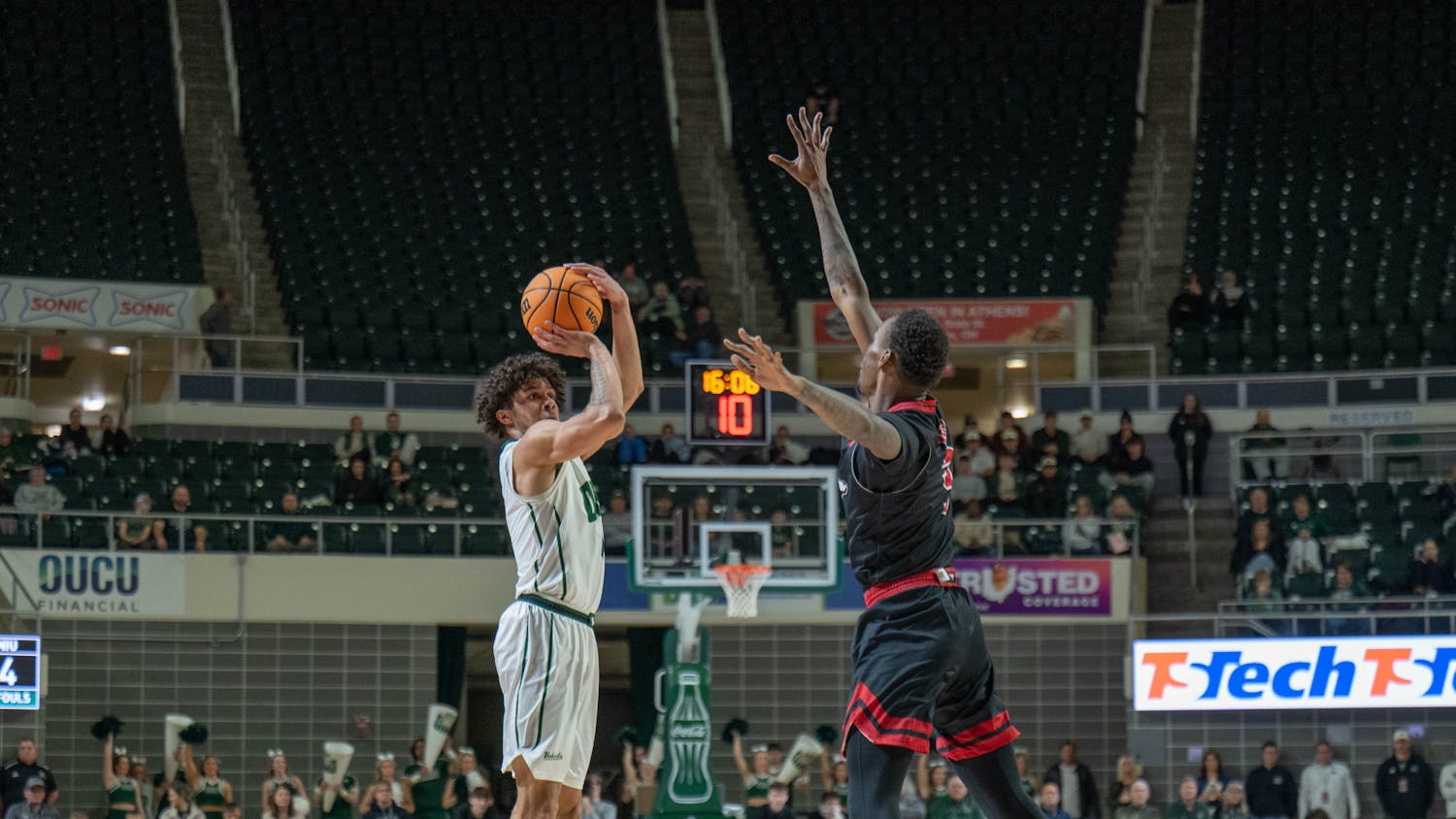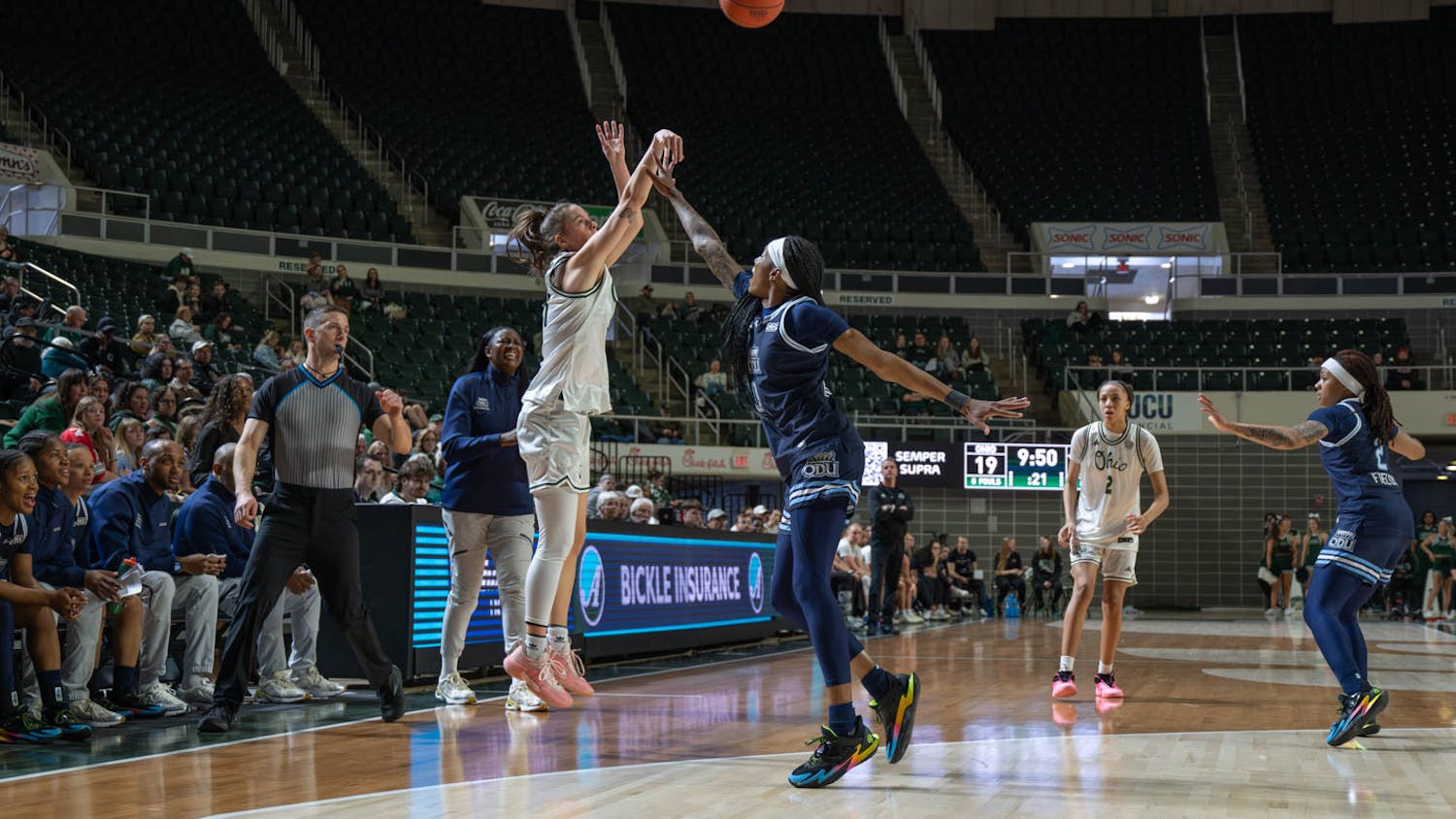Hijacked planes. Anthrax. Cellphone bombs. All of these are perfect reasons to have heightened security at sporting events.
The Super Bowl. The Daytona 500. The World Cup final. These are perfect examples of sporting events that domestic and foreign terrorists might target, therefore making elevated safety measures necessary.
Every sporting event, from single-A baseball to the NBA Finals, has some degree of safety measures. Minor-league hockey and basketball leagues have security staff randomly checking purses, coat pockets and foam fingers. The Staples Center in Los Angeles, which hosts the NHL’s Kings and the NBA’s Clippers and Lakers, mimics most airports with its fleet of metal detectors and wand-waving rent-a-cops. Of course, just about every professional, collegiate or high school event also uses “real” police officers who (gasp!) carry functioning firearms and handcuffs and have the authority to use them when necessary.
But not every terrorist will trip a metal detector. Not every terrorist uses anthrax or knows how to build a bomb. In fact, some terrorists enter the venue safely, buy their draught and/or weapon of choice from a vendor and proceed to create a distraction — often with violence.
Take, for example, the case of Scott J. Ashley, who allegedly caused a disturbance at a Pittsburgh Pirates game at PNC Park Saturday. Police say Ashley made a death threat during the detaining process, ultimately leading the officers to use nightsticks to subdue him. He was under the influence of alcohol.
Early Saturday morning, Pirates’ employee Michael Schacht was found dead less than two miles from the stadium 25 minutes after Friday night’s 14-inning game ended. His car and identification were missing, but police have since found the car. Officials have ruled the death suspicious.
After the Los Angeles Dodgers’ opening day victory against the San Francisco Giants March 31, two Dodgers fans brutally attacked Giants fan Bryan Stow outside Dodger Stadium. Alcohol might have played a factor in the beating. Stow is in a medically induced coma after having nearly half his skull removed to reduce swelling. His condition has not improved, and doctors suspect his memory, cognition and personality will be impaired — if he survives.
The baseball season is less than two weeks old, and already there have been three high-profile cases of violence at highly populated venues, including two at the same park. Logically speaking, Pittsburgh is not the most lucrative target for terrorists. Logically speaking, alcohol is not a weapon of mass destruction. But logically speaking, no one gets killed, almost killed, or is threatened to be killed at or near a baseball park.
It’s time to take a closer look at what truly threatens America’s pastime. Securing 50,000 fans from an improbable terrorist attack is a worthy cause. Protecting the same people from random acts of violence during a weekend ballgame is even more pressing. Less important was prohibiting fans from bringing anti-LeBron James paraphernalia to his return to Quicken Loans Arena Dec. 2.
There is no easy answer as to how to prevent the crimes carried out during the first two weeks of spring. Tripling the law enforcement presence would make a day at Fenway Park feel more like an eighth-grade field trip to the National Archives. Prohibiting or further limiting alcohol sales would be disastrous to the economy of baseball — especially for the teams that play at Coors Field and Busch Stadium.
Dodgers management recently announced it would re-evaluate safety at Dodger Stadium. The team hired former New York City police commissioner William Bratton to analyze the venue’s safety. More Los Angeles police officers will attend future home games. The half-priced beer policy for weekday games might be discontinued.
The changes apparently came about because of the brutal parking lot crime, but equally viable reasons for the new measures are the public backlash to the management’s soft initial response and the low attendance figures for the remainder of the series against the Giants.
Regardless of the motives, it’s a start.
—Michael Stainbrook is a sophomore studying journalism. If you think there are too many rent-a-cops at baseball stadiums, email him at ms229908@ohiou.edu.






